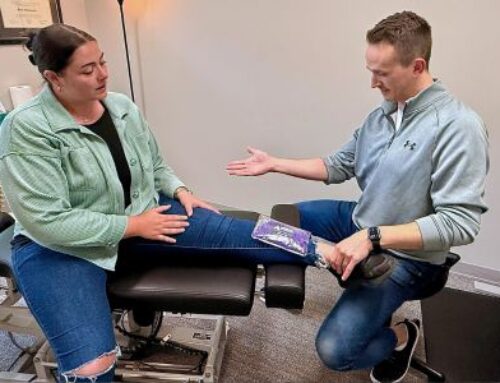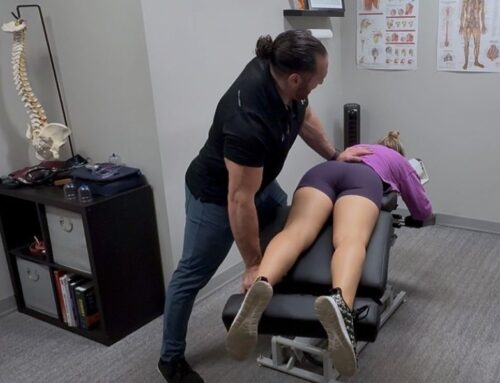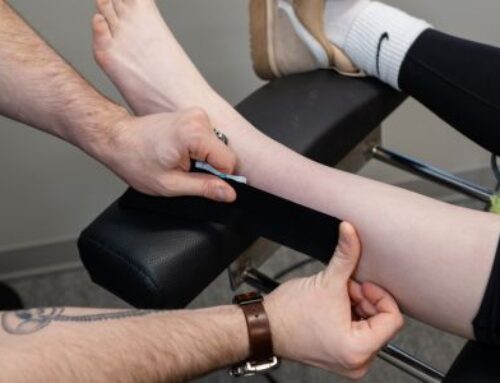Understanding the Fourth Trimester
Did you know the fourth trimester, the 12 weeks after childbirth, are just as critical for a mother’s health as pregnancy itself? During this time, mothers recover physically and emotionally while adjusting to life with a newborn. This phase is often filled with “firsts,” such as breastfeeding and sleepless nights. Many parents feel overwhelmed by these changes. However, the baby’s needs often overshadow the mother’s recovery. Unrealistic societal expectations pressure new mothers to do too much, too soon.
Why Is the Fourth Trimester So Vital?
The fourth trimester is a time for healing, bonding, and adjusting. Physically, your body is recovering from childbirth, which can feel as exhausting as running a marathon.
During this time, your body undergoes major changes:
- Blood loss and potential healing from tears or incisions.
- Shrinking of the uterus back to pre-pregnancy size.
- Hormonal shifts affecting mood and energy.
Pressures to return to work quickly or breastfeed exclusively can easily lead to burnout. Many parents face the expectation to bounce back, but this neglects the need for proper rest and recovery. A slow, intentional recovery allows both the body and mind to heal.
The Global Perspective on Postpartum Recovery
In many cultures, postpartum recovery traditions emphasize the mother’s rest and healing. In China, “zuo yuezi” encourages new mothers to rest for 40 days. Family members handle household chores, while new mothers eat specially prepared meals to boost energy. In Mexico, new mothers often return to their family homes or have a family member move in to assist them for 40 days. Regular massages and abdominal wrapping help prevent health issues, such as uterine prolapse. These traditions highlight the importance of recovery for long-term health.
Setting Realistic Expectations for Recovery
One major challenge is the unrealistic expectation to return to pre-pregnancy life too quickly. Social media and celebrities often create pressure for new mothers to “bounce back” physically and mentally. However, recovery is a gradual process, and each woman’s journey is different. After childbirth, the uterus needs time to heal, just like any other major wound. Encouraging mothers to take time to recover helps them avoid long-term complications and promotes well-being.
Postpartum Nutrition: Replenishing and Healing
Nutrition in the fourth trimester is as important as it was during pregnancy. After birth, your body needs to replenish lost nutrients, repair tissues, and support breastfeeding. Postpartum women need extra calories and nutrients, especially if they are breastfeeding. Nutrient-dense foods, like soups, stews, and bone broths, provide essential proteins and minerals for healing. It’s also vital to replenish iron, especially after significant blood loss. Red meats, seafood, and eggs are great sources of iron to support healing and breast milk production.
Movement and the Fourth Trimester: Finding Balance
Walking is a common first form of exercise for new mothers. It’s important to start slow and avoid overexertion, which can cause pain or increase postpartum bleeding. The belief that you can do everything at six weeks is a misconception. Recovery should be gradual, with exercises tailored to your body’s readiness. Early movement after a cesarean delivery reduces the risk of blood clots. Moderate activity can help, without increasing the risk of pelvic floor dysfunction.
Encouraging Slow and Intentional Recovery
Healthcare providers should emphasize that postpartum recovery is unique to each individual. Setting realistic expectations and encouraging a gradual recovery can help mothers avoid stress and injury. It’s important to remind new mothers that it’s okay to take things slow. Comparing themselves to others isn’t productive or fair. The fourth trimester is about more than just caring for your baby. It’s about ensuring that your body and mind recover properly, laying the foundation for long-term health.
Need guidance through your fourth trimester? At Pinnacle Hill Chiropractic, we support you with tailored postpartum care, including chiropractic services, nutrition advice, and resources for recovery. Schedule a postpartum chiropractic appointment or complimentary nutrition consultation today.





